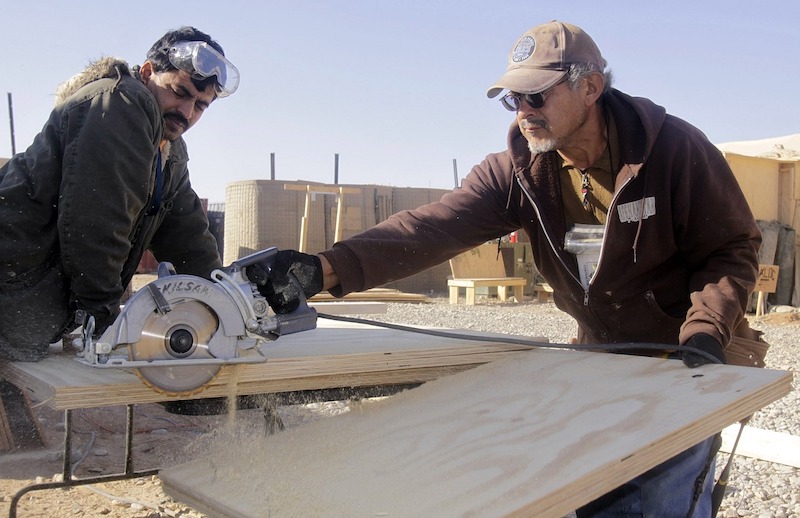The chief executive officer of the Associated General Contractors of America, Stephen E. Sandherr, issued the following statement in reaction to the release today of Senate Republican’s latest coronavirus relief measure, the Heals Act:
“Senate Republicans have crafted a relief measure that includes a number of vital provisions that will allow hard-hit construction firms to begin rebuilding their businesses and payrolls. Among the most promising of these provisions are liability reforms so construction firms that are protecting workers from the coronavirus will not be subjected to needless litigation. The proposal also includes important improvements to the Paycheck Protection Program and a much-needed expansion of the Employee Retention Tax Credit, both of which will help protect construction jobs.
“The measure also takes a more thoughtful approach than the existing federal unemployment insurance benefit by protecting unemployed workers without creating artificial barriers to returning people to good-paying jobs in sectors like construction. And the ambitious workforce development provisions in this measure have the potential to help millions of unemployed prepare for new careers in middle-class professions like construction.
“The measure is not without flaws, however. Most troubling is the virtual lack of funding for new infrastructure improvements. State transportation officials are coping with a $37 billion funding shortfall, declining revenues and the uncertainty that comes with the September 30 expiration of the existing highway and transit law. Additionally, public school, health and broadband infrastructure need federal investment to meet the challenges of operating during and after the pandemic. Ultimately, such new investments are essential to sustaining and rebuilding the American economy, which is why we will work to ensure they are ultimately included in a final relief measure.
“This proposed measure includes many provisions that will help the construction industry and the broader American economy. Combined with new infrastructure funding, it will help workers and employers avoid further economic harm. That is why we will work with leaders in both parties and both houses to see a final, fuller, measure enacted as quickly as possible.”
Related Stories
Market Data | Sep 16, 2020
6 must reads for the AEC industry today: September 16, 2020
REI sells unused HQ building and Adjaye Associates will design The Africa Institute.
Market Data | Sep 15, 2020
7 must reads for the AEC industry today: September 15, 2020
Energy efficiency considerations for operating buildings during a pandemic and is there really a glass box paradox?
Market Data | Sep 14, 2020
6 must reads for the AEC industry today: September 14, 2020
63% of New York's restaurants could be gone by 2021 and new weapons in the apartment amenities arms race.
Market Data | Sep 11, 2020
5 must reads for the AEC industry today: September 11, 2020
Des Moines University begins construction on new campus and the role of urgent care in easing the oncology journey.
Market Data | Sep 10, 2020
6 must reads for the AEC industry today: September 10, 2020
Taipei's new Performance Hall and Burger King's touchless restaurant designs.
Market Data | Sep 9, 2020
6 must reads for the AEC industry today: September 9, 2020
What will the 'new normal' look like and the AIA hands out its Twenty-five Year Award.
Market Data | Sep 8, 2020
‘New normal’: IAQ, touchless, and higher energy bills?
Not since 9/11 has a single event so severely rocked the foundation of the commercial building industry.
Market Data | Sep 8, 2020
7 must reads for the AEC industry today: September 8, 2020
Google proposes 40-acre redevelopment plan and office buildings should be an essential part of their communities.
Market Data | Sep 4, 2020
6 must reads for the AEC industry today: September 4, 2020
10 Design to redevelop Nanjing AIrport and TUrner Construction takes a stand against racism.
Market Data | Sep 4, 2020
Construction sector adds 16,000 workers in August but nonresidential jobs shrink
Association survey finds contractor pessimism is increasing.

















